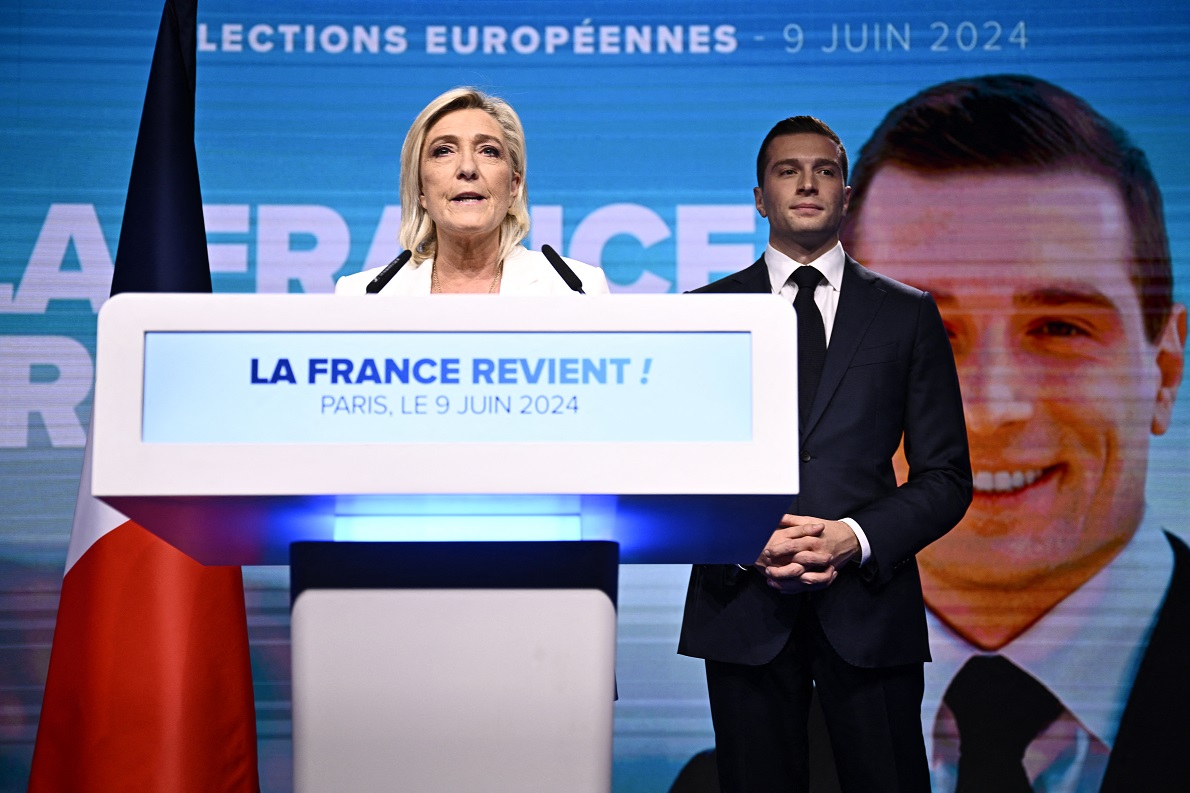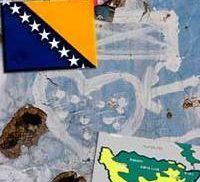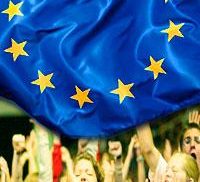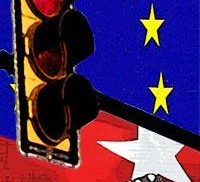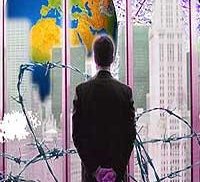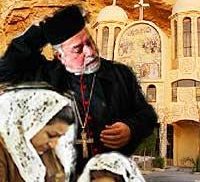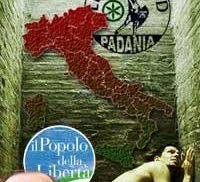Across Europe, far-right parties are gaining ground like never before since World War II, reshaping political landscapes and cultural narratives. From coalition governments to influential parliamentary blocs, their rise reflects deep-seated shifts in societal dynamics. What factors have fueled this surge? How have traditional parties and evolving cultural identities contributed to the far right’s growing appeal? What does it mean for Europe’s future? This dossier delves into the complex dynamics behind the far right’s ascent and the challenges it presents to European democracy.
Dossiers
- Since the war ended in 1995 Bosnia no longer makes the headlines. Kosovo has stolen the centre-stage. But Sarajevo may soon return to be in the news. The central government has limited power, the country has serious economic problems and ethnic divisions are also reflected in the existence of two different states that are totally separate: the Srpska Republic (with a Serb majority) and the Federation of Bosnia and Herzegovina, where Croatians and Muslims coexist. The Serbs threaten independence and look to Belgrade. "But Bosnia will live” , as Wolfgang Petritsch, the International Community’s former High Representative for Bosnia explains to Resetdoc.org. This time Europe will have to pay attention and not be taken by surprise.
- The Irish rejection of the Lisbon treaty has resulted in the reappearance of profound pessimism. Political Europe is obliged once again to call a halt. The cliché states that Europe is distant from its citizens, that it no longer has the mission or the spirit of its founding fathers. If however one looks outside the continent, one observes that the EU project has become a model for many, from the Arab world to Africa and all the way to South East Asia. The citizens of the Old Continent often take the EU for granted and not many would be ready to state that they are proud to be Europeans. Philosopher Tzvetan Todorov is however one of them and he explains why to Resetdoc.
- “We need a communications strategy emphasising above all the image of a moderate Islam”, as the new President of the French Muslims, Mohammed Moussaoui, told Resetdoc. Moussaoui presents himself as an enlightened and polyglot Muslim, but he too appears to represent an Islam “imposed from above”. Relations between Islam and Europe continue to be marked by misunderstandings, timid steps forward and ambiguity. As proved by the French example, representative bodies are all too often “managed” by the State, and their internal level of democracy leaves a great deal to be desired. What is happening as far as the integration of European Muslims is concerned? Who represents them?
- The arrival of Arab satellite channels is changing the world of global communication. Now that Al Jazeera too has an English language channel, world markets are enriched by another point of view. The Americans, the English, the French, the Russians, the Arabs and the Germans, all have at least one channel dedicated to global viewers. With increased competition is has become increasingly hard to hide the truth, but there is also the risk that the battle will be fought above all playing on sensationalism, feelings and prejudices. After all, an enemy always increases the ratings. Ideas and thoughts for avoiding a media clash of civilisations.
- Kenya, Kansas, Indonesia, Hawaii. The biography of Democratic candidate for the White House, Barack Obama is unique. Young, black, well-educated, open and an optimist, the Illinois Senator portrays everything that is the opposite of America’s last eight years. He represents the America we have always loved, and, for this reason too, Europe and world are rooting for him in the November presidential elections. But is America ready to elect its best son? What will be the most important issues addressed in the campaign opposing the Republican candidate John McCain?
- The Turkish Constitutional Court has rejected a law allowing women to wear the Islamic veil in universities. According to sociologist Nilüfer Göle, a guest at Resetdoc’s Istanbul Seminars, this is “a way of confiscating democracy and public debate in the name of legalism”. Now the judges themselves could decide to outlaw the moderate Islamic party, the AKP, as well as its most important leaders (among them Premier Erdogan and the President of the Republic Gül), accused of attacking the country’s laicity. Is democracy at risk in Turkey? Europe and the Arab world are watching. Some, perhaps, are hoping for chaos.
- “He and I represent two different ways of being Catholics, one in the sense of the Roman Curia, one in the sense of the Second Vatican Council. And I am not alone; there are many who share with me the persuasion that the Church is in need of reforms”. This is how the great Swiss theologian Hans Küng described to Giancarlo Bosetti – editor-in-chief of Reset – his relationship with the former Cardinal Joseph Ratzinger, now Pope Benedict XVI, and also explained why he is disappointed with his papacy. Has the Catholic Church abandoned the spirit of the Second Vatican Council?
- There is a cold wind blowing on Globalisation in the West. The Democrats in America are campaigning against NAFTA, Congress opposes new free-market agreements with Colombia and South Korea and only 28% of Americans agree that globalisation is a good thing. Europe is faced with the electoral success of regional political parties that are hostile to immigration. In Italy the new right-wing government is asking for excise duty on Chinese products and dreams that the national airline will remain in Italian hands. As the Wall Street Journal says, “the world is not as flat as it used to be”.
- They are “People of the Book”, and they share the same values as Muslims. And yet, the lives of Christians in the Middle East seem to have become more difficult in recent years. Many emigrate, their numbers dwindle, and their political influence is reduced while threats increase, from Iraq to Egypt and even Turkey. This, to the extent that a few months ago the European Parliament almost unanimously voted a resolution expressing serious condemnation. How do Christians live in the Middle East? What role do they play in societies where there is a Muslim majority?
- The Italian elections held in April have returned the centre-right government to power. Silvio Berlusconi is once again Prime Minister, leading a coalition that is even more right-wing than the previous one. The Northern League, gambling on people’s fear of foreigners, managed to address a widespread need for social and economic security, and will now play a pivotal role in the government. What are the real reasons for this party’s success? Relations between Rome and Arab capitals are destined to be overturned. In what sense will Italy’s foreign policy change?


